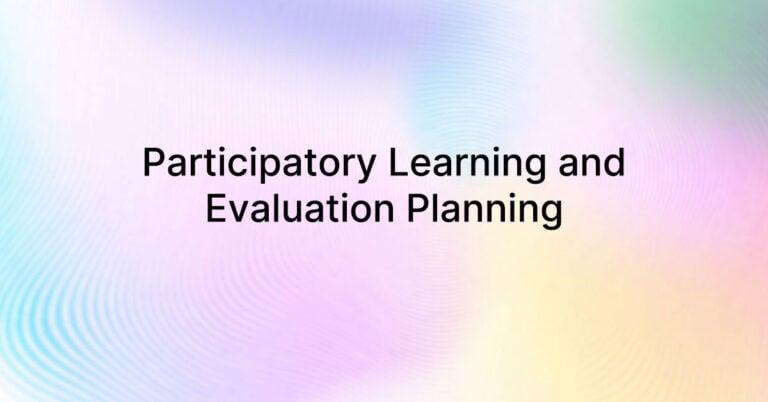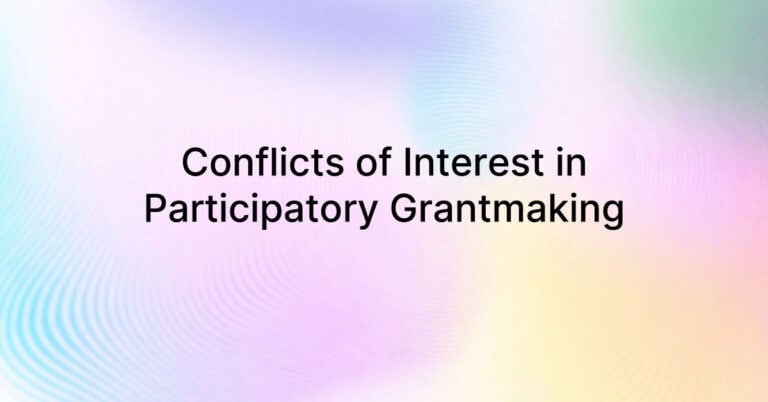You can read the full Chronicle of Philanthropy op-ed article here.
In October 2016, Fund for Shared Insight co-sponsored a workshop on data-driven feedback loops with the White House Office of Science and Technology Policy and the White House Office of Social Innovation. A cross-section of 80 participants from nonprofits, philanthropy, government agencies, and corporations working both domestically and internationally gathered to learn about promising feedback practices and to discuss barriers and opportunities as the feedback movement spreads across sectors.
In their op-ed, Pennington and Twersky highlight the progress that has been made since the first such White House convening three years ago. They point to brilliant examples of how listening to beneficiaries and relying on evidence and data improves a charity’s work. Feedback collected by Good World Solutions, for example, they write, has made factory conditions safer around the world. By listening to its program participants, the Center for Employment Opportunities is doing a better job helping formerly incarcerated people find employment. And by systematically reaching out to the pregnant women and new mothers it serves, Nurse-Family Partnership has improved its programs, care, and connections.
At the root of its success employing feedback, Pennington and Twersky write, are the wise words of Nurse-Family Partnership’s CEO Roxane White: “Prepare to be wrong”. Setting up a clear and consistent system to solicit, learn from, and act on feedback, the authors write, takes time and resources, open minds, and a willingness to experiment. Fortunately, the authors see progress in the field: “We looked back on our early questions and concerns and have seen that gathering feedback is not only the right thing to do and the smart thing to do, but it is also a feasible thing to do.” There “are processes and tools that are rigorous, affordable, and relatively easy to share nationwide,” they write, and if nonprofits are prepared to be wrong, they can improve their work “to make this a more just and compassionate world.”





